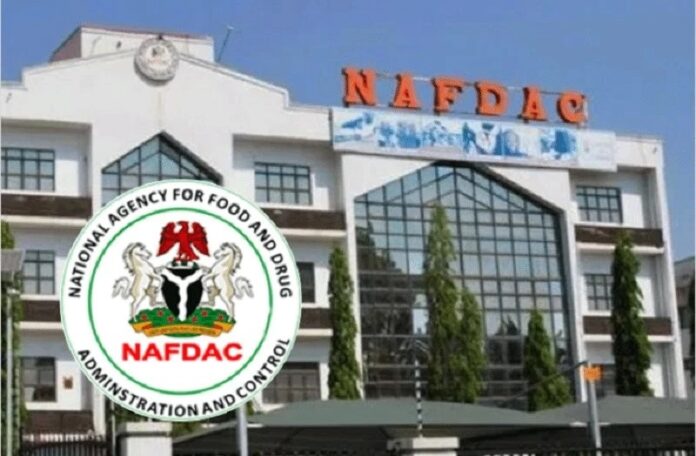Moving to dispel public uncertainty about the recent release of 101 medications, the National Agency for Food and Drug Administration and Control (NAFDAC) in Nigeria has withdrawn, suspended, or canceled them.
The agency claims the clarification seeks to guarantee public health and openness in its regulatory procedures.
In a statement signed by its Director-General, Prof. Mojisola Adeyeye, NAFDAC clarified that the list consists of items influenced by various regulatory measures, each with particular effects.
She said that the categories help the agency continuously monitor the medicines on the Nigerian market to preserve their effectiveness and safety.
NAFDAC defines a “withdrawn” item as one the producer voluntarily abandons, usually for commercial or marketing-related reasons rather than for safety issues. Voluntarily withdrawn were items like Healthline Limited’s Artemether/Lumefantrine pills and Sanofi Aventis’ ASAQ (Artesunate Amodiaquine Winthrop).
Conversely, a “suspended” product means a temporary suspension of its registration pending the maker’s compliance with NAFDAC’s regulatory standards.
Meanwhile, “cancelled” items are those whose registrations have been wholly withdrawn, implying they can no longer be produced, imported, or sold in the country because of safety or quality concerns.
According to NAFDAC, publishing lists of withdrawn or expired medicines is a typical worldwide habit meant to stop hazardous, fake, or expired medications from returning to the market.
The News Chronicle learnt that among the most recent list were several well-known companies. Among the items taken off the list were Flagyl tablets and suspension; other metronidazole preparations are still usable.
Withdrawals included medications like Januvia, Janumet, and Amaryl M tablets in the diabetes group as well as Aprovasc, Coaprovel, and Norditropin growth hormone injections. Following official examination, Elisa Eye Drops (Chloramphenicol) and Cryomarex Rispens HVT Vaccine were banned on grounds of safety.
Over the past few months, NAFDAC has stepped up enforcement activities across the country. In Ibadan in October, it wrecked bogus and expired medicines worth more than N15 billion, which included codeine syrups, Tramadol, and expired vaccines.
While fake cosmetics and drugs worth N1.5 billion were confiscated at the Trade Fair market, a different raid in Lagos revealed unregistered malaria medications worth N1.2 billion.
The agency confirmed its will to shield Nigerians from hazardous medical products and guarantee that only quality-assured medicines are accessible throughout the country.



